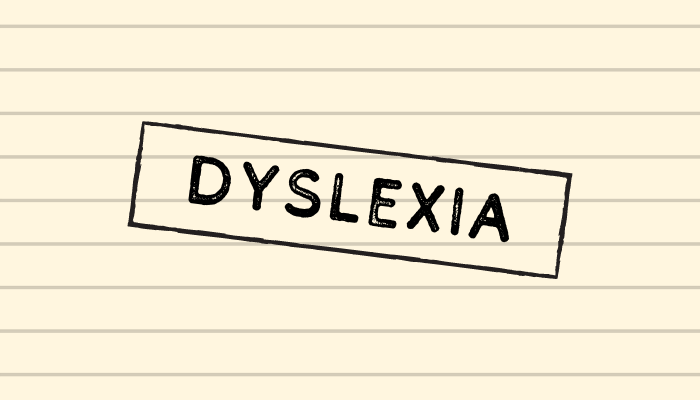5 Hidden Dangers of a Dyslexia Test
by David Morgan | 5 December 2019

Once you do know of them, you can make a more informed choice. And if you choose to go ahead with an assessment, you can then work to avoid seeing these negative outcomes.
So, here are the five dangers to be aware of:
1. The Uncertain Outcome
If you do choose to invest the time and money in a dyslexia test, the outcome is very uncertain. Different educational psychologists apply different criteria to judge whether someone is dyslexic or not.
If you are lucky enough to get a publicly funded assessment, then the chances of a positive diagnosis plummet because the public purse then has to pay, through accommodations and interventions. As a result, children who are falling behind their potential – but do not pass the dyslexia test – are essentially told that they don’t need help.
So a lot of time, money, and effort can be wasted on something that has no universal standard. Also, we find you can get someone reading a lot more confidently for the same sort of time and money.
2. The Lost Focus on Reading
One of the most damaging myths about dyslexia is that it is a life sentence and that a dyslexic will never learn to read well. In other words, you might as well give up teaching your child to read and start using read-to-me software instead.
We’ve actually seen people pull out of a successful intervention process, because they think success is now impossible.
For me, this is a huge tragedy. A child is then consigned to needing a crutch, rather than learning to read confidently. We find that all dyslexics can learn to read confidently, with the right help.
3. The Psychological Impact
Adults who get a dyslexia diagnosis, after years of struggle, often describe the relief they feel from getting the diagnosis. I totally understand that. I struggled to read as a child too and know how it feels.
But, for an eight-year-old child, going for a 3-hour assessment is what I would call an emotionally invasive experience.
Children just want to feel normal. This sort of experience can begin to make a child feel like there is something “wrong” with them.
4. Ineffective Interventions
The current “gold standard” dyslexia tutoring used in most schools is called Orton Gillingham, or OG. It was developed in the 1930s and has several copies, like the Barton system and Wilson system.
Does OG tutoring work? No, not consistently at all. The independent evidence indicates that it is not an effective solution for a lot of children.
Interventions that leave a child still struggling tend to reinforce the feeling of being stupid to the child. That is why we set our mission as 100% success.
5. Missing the Real Diagnosis
For decades, teachers and parents have been told by “experts” that their children are not learning to read because of their dyslexia. Well, the suggestion that a child cannot read “because” of dyslexia is just wrong.
It is just not the meaning of dyslexia. Dyslexia simply means that you have reading and/or spelling difficulties that are not due to any intellectual disability and that fit a familiar pattern. There is nothing in it to explain why.
There is, always, a real neurological reason for the reading struggles of every dyslexic child. Our focus is to understand each child before suggesting any solutions. That way we can guarantee a good outcome every time.
Real Solutions for Reading Difficulty
So, what is the “right way” to help these children?
After direct experience helping over 10,000 children on the Easyread System, we have actually written a book on this. It is called The 9 Main Causes of Reading Difficulty. You will find it explains all the things that a dyslexia diagnosis doesn’t. It links the patterns you are seeing to an individual neurological cause of difficulty and then gives a simple solution to each situation.
If you want to help a child learn to read, with or without a dyslexia diagnosis, I hope you will have a look at the book. It is short and we have tried to make it interesting!
 David Morgan has an honours degree in mechanical engineering and a masters degree in education. David was a founding trustee of The Shannon Trust, started David Morgan Education, launched Helping Children to Read and invented pictophonics. In his spare time he likes to ski, sail and walk the hills.
David Morgan has an honours degree in mechanical engineering and a masters degree in education. David was a founding trustee of The Shannon Trust, started David Morgan Education, launched Helping Children to Read and invented pictophonics. In his spare time he likes to ski, sail and walk the hills.
